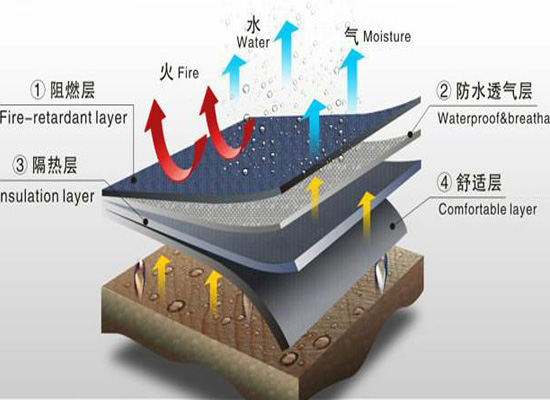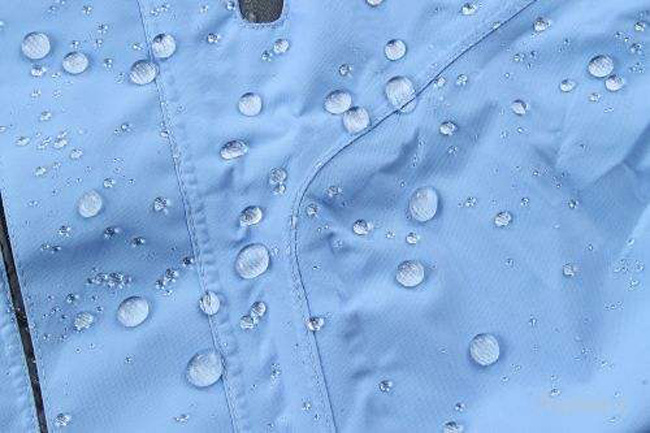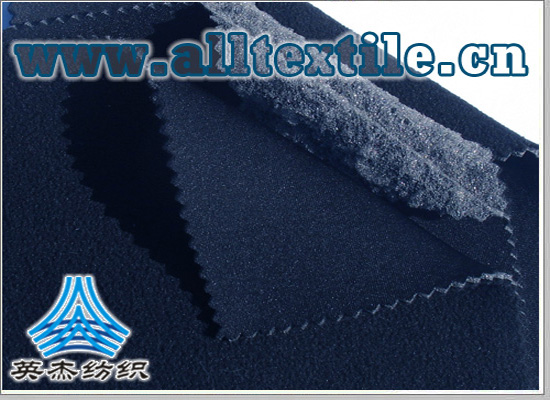Flame retardant fabric testing standards and testing methods
Flame-retardant fabric testing standards and testing methods
A. British fabric flame retardant standards:
1. BS7177 (BS5807) is applicable to furniture and mattresses and other fabrics in public places in the UK. Special requirements for fire resistance and strict testing methods are required. Fires are divided into eight fire sources ranging from 0 to 7, corresponding to the four fire protection levels of low, moderate, high and extremely high danger.
2. BS7175 is suitable for permanent fire protection standards in hotels, entertainment venues and other crowded places. The test requires passing two or more test fires of Schedule 4 Part 1 and Schedule 5 Part 1.
3. BS7176 is applicable to furniture covering fabrics, which require fire resistance and water resistance. During the test, the fabric and filling are required to meet Schedule 4 Part 1, Schedule 5 Part 1, smoke density, toxicity and other test indicators. It is a fire protection standard for padded seats that is more stringent than BS7175 (BS5852).
4. BS5452 is applicable to bed sheets and pillow textiles in public places in the UK and all imported furniture. It is required that they can still be effectively fireproof after 50 times of washing or dry cleaning.
5. BS5438 series: British BS5722 children’s pajamas; British BS5815.3 bedding; British BS6249.1B curtains.

B. American fabric flame retardant standards:
1. CA-117 is a widely used one-time fire protection standard in the United States. It does not require post-water testing and is applicable to most textiles exported to the United States.
2. CS-191 is the universal fire protection standard for protective clothing in the United States, emphasizing long-term fire protection performance and wearing comfort. The processing technology is usually a two-step synthesis method or a multi-step synthesis method, which has high technical content and profit added value.
3. NFPA-701 and 703 are fire protection standards published by the American Fire Protection Association and are applicable to curtains and other hanging fabrics in public places that do not require water resistance. The test also requires physical and chemical indicators such as dry adsorption capacity and hand feel.
4. The full name of TB-603 is BHFTI CTB-603, which was implemented in the United States on January 1, 2005. Mainly used for mattresses, mattresses and other bedding products. The test method is: use the large chamber combustion method to test the heat release value of a complete mattress (mattress).
5. NFPA261.94 is suitable for furniture covering strong objects, including sofas, etc.
6. FAR25-83 Fire protection standards required for aircraft interior decorative fabrics.

C. German fabric flame retardant standards:
1. DIN-4102 (DIN66084) fire protection standard for decorative fabrics;
2. DIN23320 and DIN54336-80 (DIN66083) fire protection standards for protective clothing;
D. Japanese fabric flame retardant standards:
1. JISL1008-69 Fire Protection Standard for Aircraft Decorative Fabrics;
2. JISL1091 protective clothing standard;
3. JIS1201=FMVSS302 Fire Protection Standard for Automotive Decorative Fabrics
E. French fabric flame retardant standards:
1. NFG07-184 protective clothing fabric;
2. NFG92-501-505 fire protection standard for decorative fabrics;








